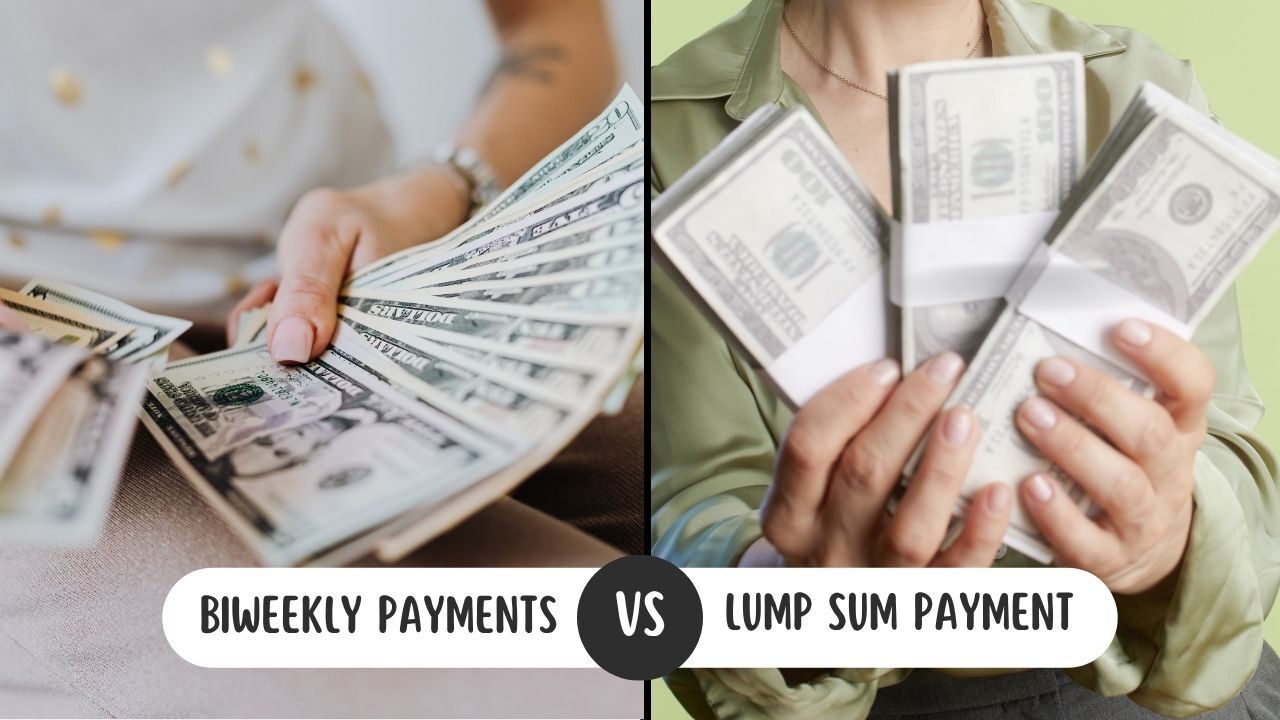What’s Ahead For Mortgage Rates This Week – November 3rd, 2025

With the ongoing government shutdown, other major releases have hit a snag, as there is still very limited information for when the shutdown may end. The largest and most impactful releases continuing to move forward are those from third-party sources still publishing data — such as the Consumer Sentiment reports — which show that consumers remain concerned about inflation but have recently grown more optimistic about the labor market.
As expected, the Federal Reserve cut rates again by another 25 basis points. However, Chairman Jerome Powell remains skeptical that another rate cut will occur anytime soon.
Consumer Sentiment
Consumers were more optimistic about the labor market outlook in October, according to a new survey from the Conference Board released Tuesday. The survey’s so-called labor-market differential — which measures the gap between the percentage of consumers who say jobs are “plentiful” and those who say jobs are “hard to get” — rose to 9.4 in October from 8.7 in the prior month.
Primary Mortgage Market Survey Index
• 15-Yr FRM rates saw a decrease of -0.03% for this week, with the current rate at 5.41%
• 30-Yr FRM rates saw a decrease of -0.02% for this week, with the current rate at 6.17%
MND Rate Index
• 30-Yr FHA rates saw an increase of 0.06% for this week. Current rates at 6.01%
• 30-Yr VA rates saw an increase of 0.06% for this week. Current rates at 6.03%
Jobless Claims
Initial Claims were reported to be delayed until further notice.
What’s Ahead
U.S. employment data, if released next week, are likely to be the most significant reports to watch.
 Homeowners looking to save on interest or shorten their loan term often explore two popular strategies: biweekly payments and lump sum payments. Both can reduce the total interest paid and help you build equity faster, but they work in different ways. Understanding how each method functions can help you decide which fits your financial goals and lifestyle best.
Homeowners looking to save on interest or shorten their loan term often explore two popular strategies: biweekly payments and lump sum payments. Both can reduce the total interest paid and help you build equity faster, but they work in different ways. Understanding how each method functions can help you decide which fits your financial goals and lifestyle best. A Home Equity Line of Credit, or HELOC, can be a powerful financial tool. It allows homeowners to borrow against the equity in their property, often at a lower interest rate than other types of credit. Some borrowers use HELOCs to fund investments such as real estate, business ventures, or the stock market. While this strategy can create opportunities, it also carries significant risks that must be carefully weighed.
A Home Equity Line of Credit, or HELOC, can be a powerful financial tool. It allows homeowners to borrow against the equity in their property, often at a lower interest rate than other types of credit. Some borrowers use HELOCs to fund investments such as real estate, business ventures, or the stock market. While this strategy can create opportunities, it also carries significant risks that must be carefully weighed.